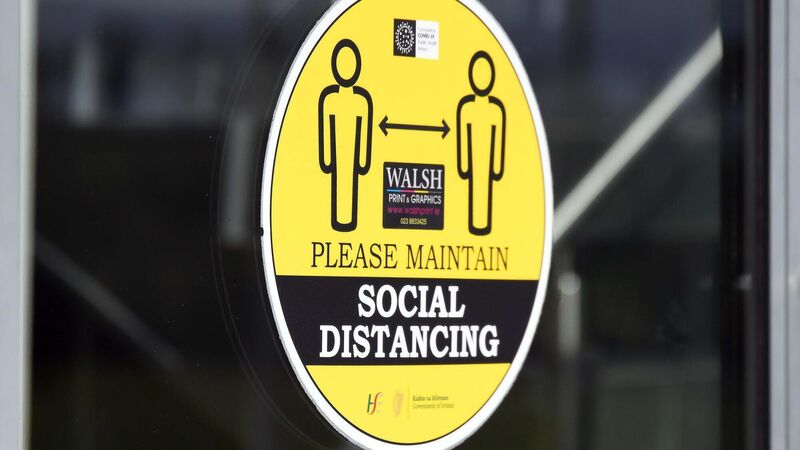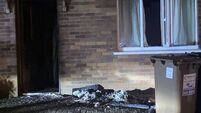Nphet member fears further restrictions are inevitable as cases continue to rise

People have been urged to limit their social contacts due to the rising cases numbers.
The Covid adviser for the Irish College of General Practitioners (ICGP) has said that she fears further restrictions are inevitable as the number of cases of Covid-19 continues to rise.
Dr Mary Favier, who is also a member of the National Public Health Emergency Team (Nphet), was speaking as Covid cases have been rising in recent days with 3,174 recorded on Wednesday and 3,726 recorded on Thursday.










